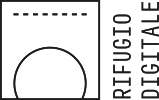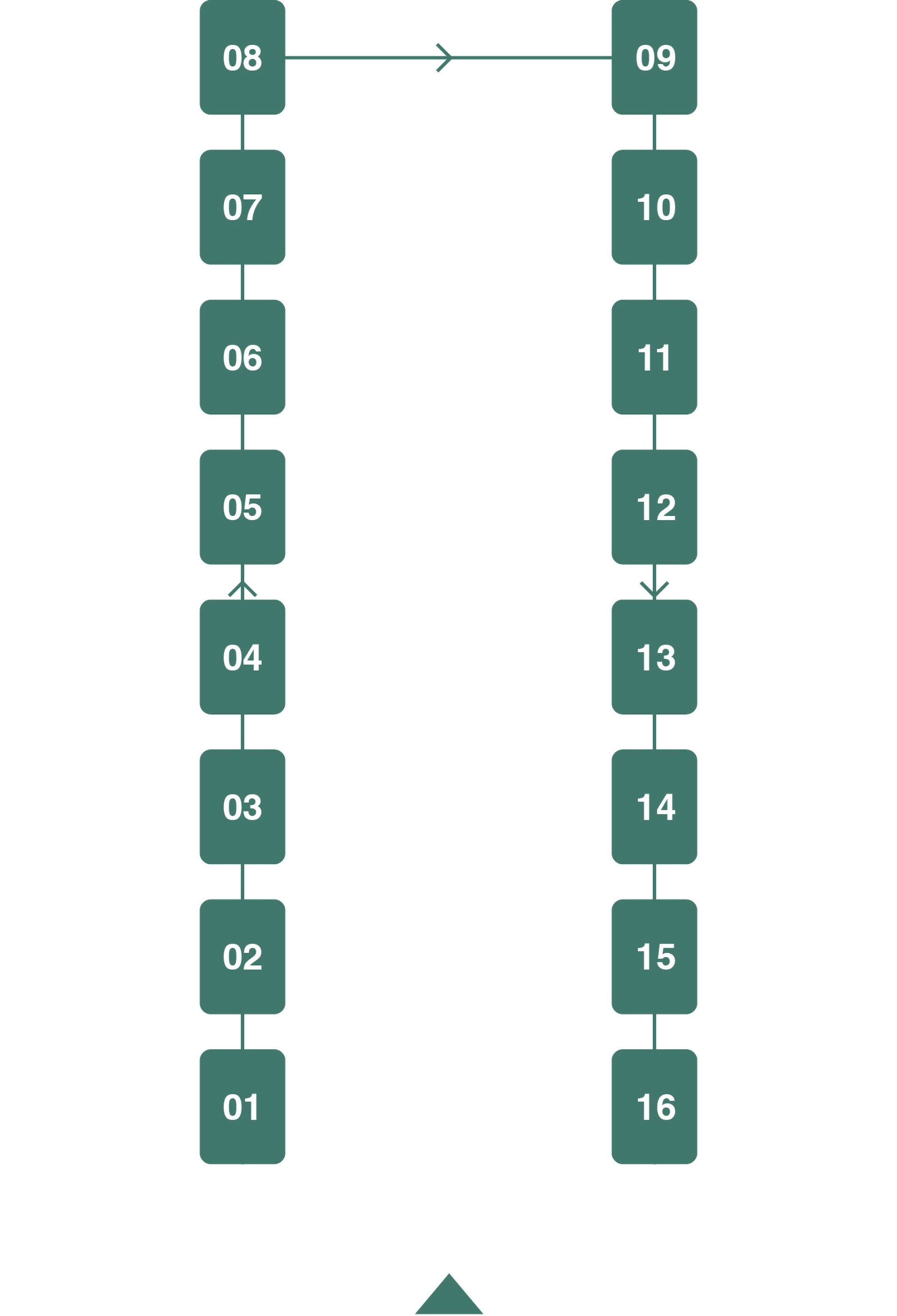
AFGHANISTAN
“Hello, dear son! Did I tell you that Afghanistan is beautiful? The North at least. This morning I crossed a river in a jeep, among with families of exiles returning to their homes after many years, on camelback with all their belongings in a few bags, or thirty of them in a truck. The sky was clear, the colors of the people were vivid, everything else – houses and walls and ravines and those motocross tracks they call roads here – the rest is earth-colored and has the color of the earth, of the desert you cross to come to Taloqan, where I am now.”
Wednesday, November 21, 2001
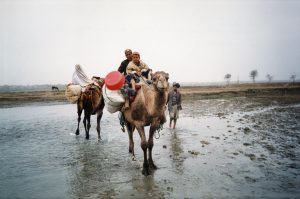
NOMADISM
It is an attitude of the body and a state of mind: you can read it in the faces of the refugees who return on camel back to their villages, in the features of the mujahideen who go mocking the battle, in the gait of women and children in the light of the desert.
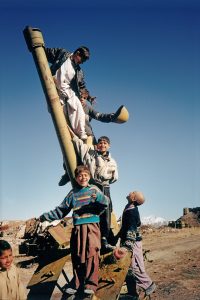
EVERYDAY LIFE
When you are born inside an endless war there is no distinction with the everyday. You play on a tank carcass, murals show you mines to avoid, on the front line little girls shell rice put out to dry on the road.

WAR
At the Kunduz front the mujahideen shoot, kill, die, but it is Ramadan, no one eats, drinks, smokes until sunset. The surrender of the mullah and six hundred Taliban is a simple changed sides. Von Clausewitz would turn in his grave, but this is their war, not his.

TALIBANS
Prisoners, the last who chose to fight: but norevenge from the crowd, no lynching attempt. Killed, the foreigners of Al Qaeda: but even for them there is respect, looks without hatred, a blanket to hide their bodies.

FACES
Radiant, of teachers and girls back to school after five years, Kabul March 2002. In celebration, kids again free to laugh and play, Kunduz November 2001. In the window, of women without veils never seen before. Clean, of young and old not resigned, not addicted.

KABUL
At the fall of the Taliban, a chaotic metropolis of two million inhabitants close to the mountains, rows of yellow taxis, the tingling of commerce, booksellers among the signs of destruction, beggars, bazaars on the shores of smelly waters. In 2005, first elections, women in parliament.
![]()
CIVILISATION
Musalla minarets, the Friday Mosque, the fortified Citadel whose origins date back to Alexander the Great. Repeatedly sacked, destroyed by Tamerlane, it was his son Shah Rukh who made the city of Herat “the Florence of the East,” capital of arts and commerce.
IRAQ
“They distribute potable water in Saddam City, the poorest and most run-down area of Baghdad, a stronghold yesterday of the regime and today of Shiite fundamentalism, which has renamed it Sadr City. ‘Don’t take it, that water is infected, it’s just to show the media they are thinking of the people,’ thunders the mosque loudspeaker as soon as the fire trucks arrive. Skidding. ‘The Kuwaiti Wahabis put something in it that makes people sick,’ one attacks shouting. Ban Al Dhayi, a young Iraqi Unicef volunteer, grabs a glass and drinks that water in front of everyone. The men are silent. It is the women who start filling the basins, first the old ones, then the others. The speaker continues to shout unheard.”
Roberto Di Caro, Baghdad Republic in “L’Espresso”, May 2, 2003

KURDS
A people, first of all: language, traditions, customs, clothes. Fierce and proud. Respectful of women. Tolerant. Combative. Internally quarrelsome, it is true. Mocked by history, oppressed by enemies, betrayed by friends, even today. And never recognised by anyone.
![]()
WARS
Fratricide. Sectarian. Of invasion. Between foreign powers on Iraqi soil. To overthrow a tyrant, of course, but without knowing what to do next, how to move in a complex society, how to build an acceptable democracy, in short how to win the peace.
![]()
ICONOGRAPHY
Saddam Hussein, the father of the fatherland, the leader, the victorious, hailed on walls, in stone mausoleums, even on fashionable clothes. In one day, shot down, obliterated, mocked: a devil in earrings, the ace of spades in the deck of the wanted.

FACES
Of boys precociously indoctrinated into jihad. Of women protesting and others fighting. Of girls celebrating the liberation of Kirkuk. Of fathers and sons and venerable elders. And of actresses playing Camus in the stricken and still smouldering Rashid Theatre.

EVERYDAY LIFE
by weight. Six dollars for 20 litres of petrol, 100 for a Kalashnikov, the stock exchange closed for a year. In the streets people live, demonstrate, die in attacks. Between controls and barbed wire.

BAGHDAD
Deserted, in the early days of the American occupation. Suddenly chaotic again, swarming with trade and commerce from the Tigris River to the “thieves market”. The queues for cards and subsidies. And the distribution of drinking water, which the mullah claims is “poisoned by infidels”.

CIVILISATION
Artefacts at the mercy of thieves in Baghdad museum. Plundered by marauders Ur, the birthplace of civilisation. Blown up by Isis, temples and walls of Nineveh, the Assyrian capital, and of the Seleucid Hatra. In Samarra, the golden dome of the Shiite mosque of Al Askari was destroyed by a bomb.
